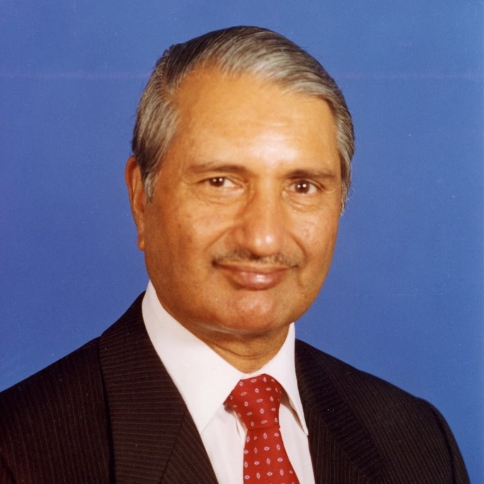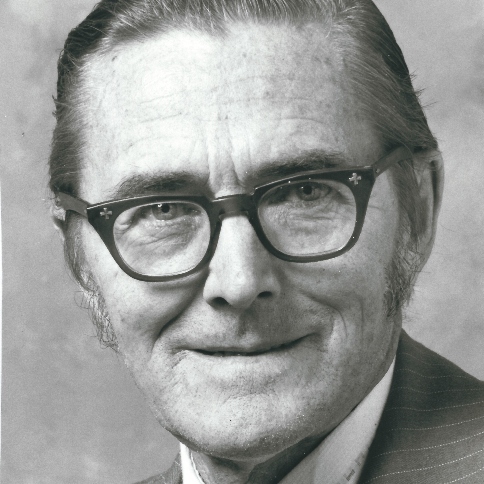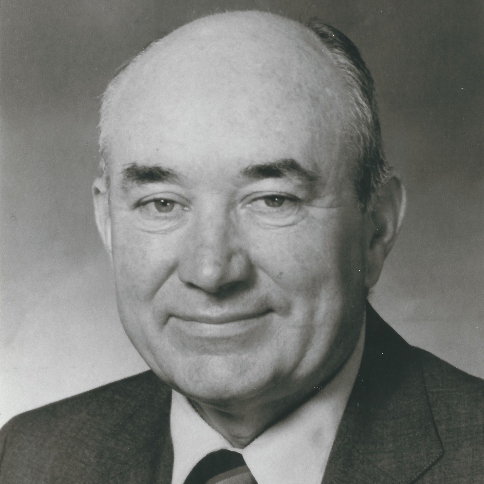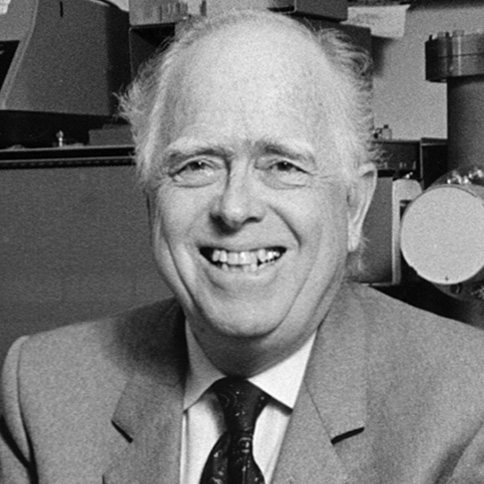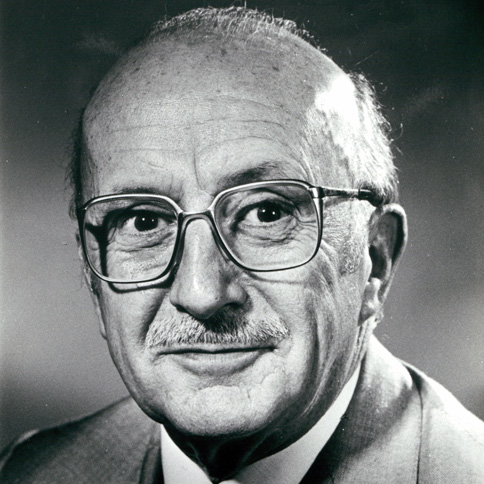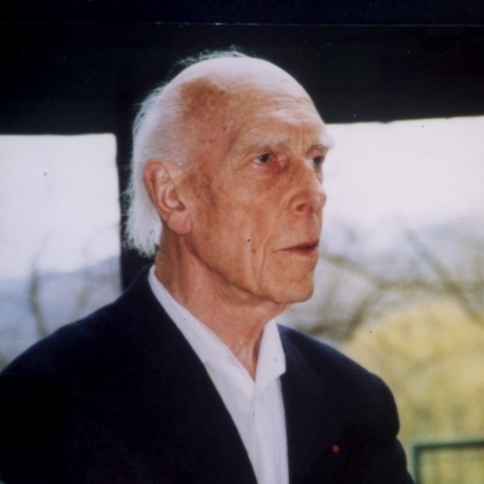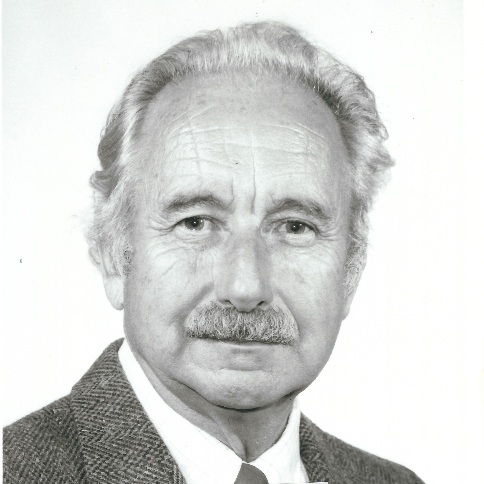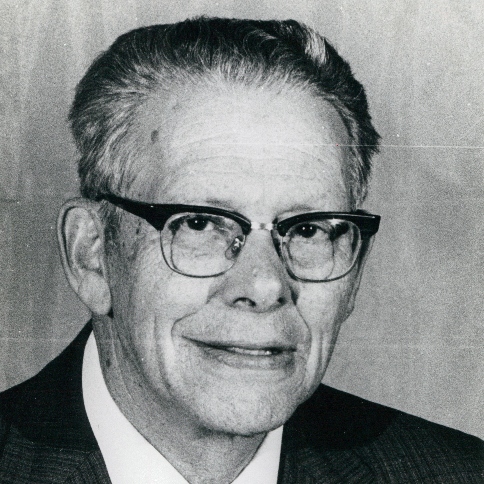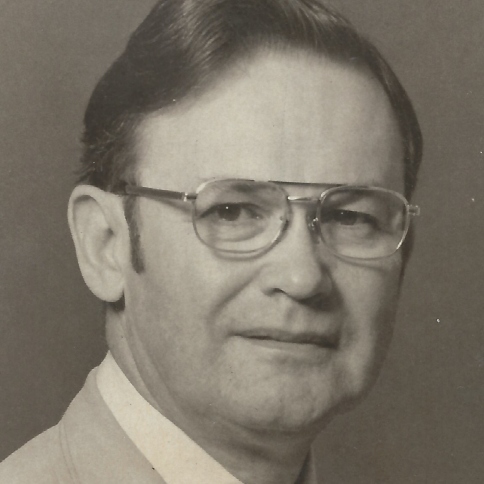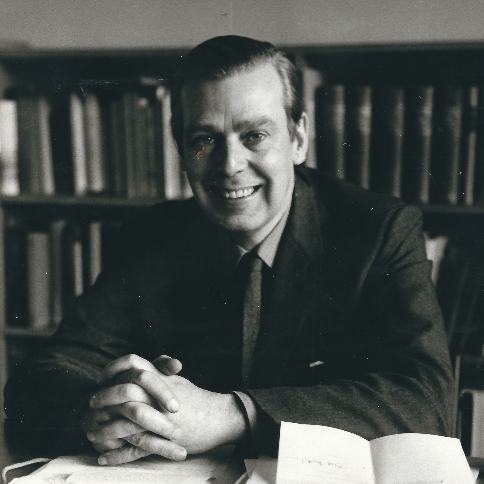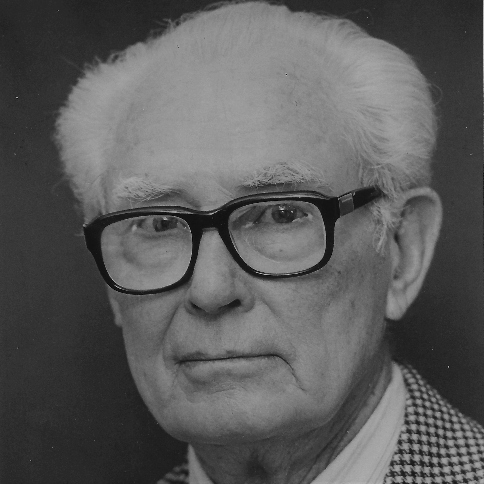
Jay L. Lush
Wolf Prize Laureate in Agriculture 1979

Jay L. Lush
Affiliation at the time of the award:
Iowa State University, USA
Award citation:
“for his outstanding and pioneering contributions to the application of genetics to livestock improvement”.
Prize share:
Jay L. Lush
Sir Kenneth Blaxter
Professor Lush has made major contributions to unravelling the hereditary contributions to animal production whereas Dr. Blaxter has unravelled the nutritional requirements of animals, especially ruminants. Thus their work has effectively contributed to both aspects of the factors regulating animal production: the control and exploitation of the genetic endowment, and the provision of the most favorable nutritional environment in which genetic endowment can be expressed.
Jay L. Lush has one more than any agricultural scientist both to investigate the genetic basis of traits important for animal production, to assess their value and to improve them by initiating breeding programmes of proven practical effectiveness. He has been responsible for inspiring a great band of graduate students and others who have disseminated his ideas and practical suggestions throughout the world and so led to the improvement of poultry, pigs, beef and dairy cattle. His contributions are of several kinds. First, he pioneered the value to the scientific breeder of adequate measurement of the performance of individuals, their progeny and their pedigree in order to assess the genetic worth of an animal. Secondly, he pioneered the assessment of the heritability of a trait, i.e. the degree to which its expression reflected a genetic basis rather than the effects of a favorable or unfavorable environment. Thirdly, having demonstrated how the inherited potentialities could be measured and distinguished from those due to non-heritable causes, he synthesized these ideas into practical and workable animal breeding plans to promote an inherited increase in the yield of meat, milk or eggs. He has exploited his ideas as a University teacher, at a diversity of national and international gatherings and enshrined much of it in his major and most influential text “Animal Breeding Plans”. He may truly be described as the ‘father’ of scientific animal breeding in the twentieth century.




























































